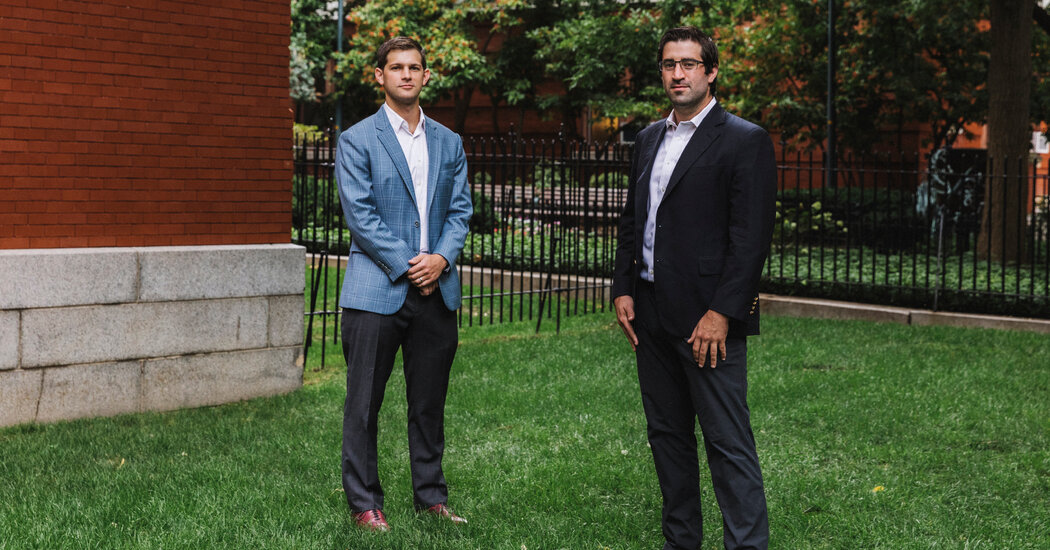[Like the Science Times page on Facebook. | Sign up for the Science Times newsletter.]
The A.L.S. Association is urging the Food and Drug Administration to expedite its review process and grant approval as soon as the company applies for it — but to require rigorous follow-up studies, since the original study was a Phase 2 trial instead of the larger and longer Phase 3, which is often required for approval. The association also wants the company that makes the treatment, Amylyx, a Massachusetts start-up the students founded, to seek the agency’s permission to provide the drug for compassionate use while it is still being evaluated.
Experts who weren’t involved in the study said the data was encouraging, but that important unanswered questions remained about the potential therapy. One unknown is what benefit the drug would have when compared with patients who never received it at all and received only placebo for 30 months, said Dr. Robert Miller, director of clinical research at Forbes Norris MDA/A.L.S. Research Center at California Pacific Medical Center. Still, he said he considered the results a “base hit single.”
The study involved patients who developed symptoms within 18 months before the trial and were affected in at least three body regions, generally signs of fast-progressing disease. Most were already taking one or both of the approved A.L.S. medications: riluzole, which can extend survival by several months, and edaravone, which can slow progression by about 33 percent. That could suggest that AMX0035 — a powder that patients mix with water to drink or ingest through a feeding tube twice daily — might work on top of existing treatments.
Researchers said that according to a statistical model that included factors like patients’ age and their score on a 48-point A.L.S. functional scale before they entered the trial, patients who received AMX0035 from the beginning had a 44 percent lower risk of death during the study period.
Dr. Walter Koroshetz, director of the National Institute of Neurological Disorders and Stroke, who wasn’t involved in the trial, said that the data suggested a “powerful impact that’s pretty striking” in extending survival for patients who got the drug for the 24 weeks of the trial — when they were earlier in the disease than patients who started the drug after the trial.
But, he said, it wasn’t clear how much those who first received 24 weeks of placebo benefited when they took the drug. “It could mean that the drug is really effective and people who got the drug late really would have been dead at 12 months instead of 18,” Dr. Koroshetz said. “Or, the other way of thinking about it is that the drug is not effective unless you get it early. There’s no clue here to which one of those is true.”
Dr. Koroshetz also said that the reality that many of the patients ultimately died “emphasizes how devastating A.L.S. is.”
[ad_2]
Source link


